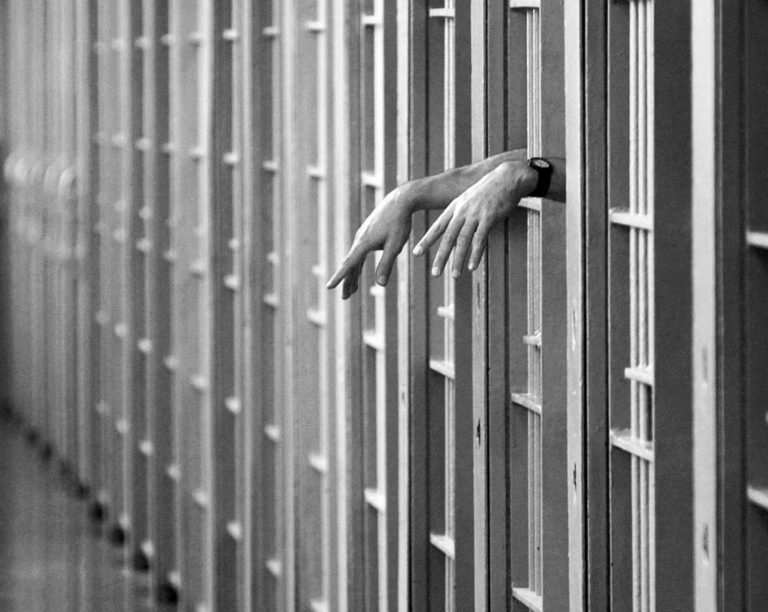Earlier this year, the Trump administration committed an unspeakable act of barbarism. It not only permitted but actually authorised the mass incarceration of thousands of men, women and children, mostly Muslims, who had been repeatedly denied due process and due process-like judicial review at home.
During the post-9/11 era, the US government and its security state have warped the meaning of due process, torturing prisoners, imprisoning them indefinitely in special “black sites” overseas, and summarily turning them over to foreign authorities – often without any review whatsoever. This includes Iraq, Afghanistan, and Guantánamo Bay, where around 250 men are still held, some held without charge, in prolonged solitary confinement.
One week ago, the court sustained the Trump administration’s position. It rejected by a four-to-three vote a bid by a group of American Muslims held in military detention at Guantánamo to sue in federal court to challenge the procedures that have been used to make them, and other detainees held in similar circumstances, “enemy combatants”.
The Supreme Court’s decision is yet another blow to due process. But instead of staying silent, what did the court do? Instead of recognising an unconstitutional attack on human rights, the court was silent. According to the court, due process doesn’t exist.
It is a stunning admission by a court that has long been responsible for ensuring Americans’ right to trial by jury, to due process, and to the rule of law.
The court under President George W Bush and current President Donald Trump has rendered due process for the past 15 years irrelevant in an effort to justify so-called enemy combatants held by US forces anywhere in the world, regardless of the individual’s treatment at home or abroad. Although advocates for due process will surely make arguments about freedom of religion, the court has repeatedly refused to recognise the fundamental dimensions of religious persecution and erode the democratic compact, that it is only when all groups are citizens, or subject to the rule of law, that they can fight against tyranny – in this case, an authoritarian regime.
The court has also denied due process to the Muslim prisoners held in Afghanistan, Iraq, and elsewhere, and to thousands of gay men, or men accused of sodomy, incarcerated in Egypt, Ethiopia, and other countries.
Notably, only five of the court’s nine justices voted to not overturn the 3-0 ruling on Guantánamo detainees, which on its face was clear. The second time around, only four voted with the liberal wing to allow the Guantánamo plaintiffs to sue. Trump himself publicly attacked his own executive order that authorized the detention of detainees on the grounds that it was “oppressive in character”.
Most of the justices were appointed by Republican presidents, and many of them have articulated opposition to Trump’s Muslim ban and some have suggested to him that there is a way to access the courts that would not contradict his legal obligations. In 2006, Justices Antonin Scalia and Samuel Alito, who would become Trump’s first appointments to the court, were part of the court that upheld the constitutionality of a ban on abortion as imposed by the Texas legislature.
But all six Republicans and eight Democrats on the court unanimously affirmed the Trump administration’s position that Guantánamo detainees should not be allowed to sue. The court’s members unquestionably had no desire to reopen the “Guantánamo question” – the question of whether the current structure of indefinite detention is consistent with the constitution, and therefore to have their identities and legal determinations challenged by the court. This show of political cowardice is a disgrace.
Instead of defying a GOP president and the chamber of horrors known as the Republican Senate, what did the court do? Unanimously rejected a compelling plea for asylum and justice that had, in fact, been made by the other half of the court, which includes three liberal justices. That the majority did not even attempt to justify its decision, almost a quarter of a century after 9/11, is a damning indictment of those who “own” the court and are entrusted with its duty of defending the constitution. If only others could be in a position to challenge these court abdications.
